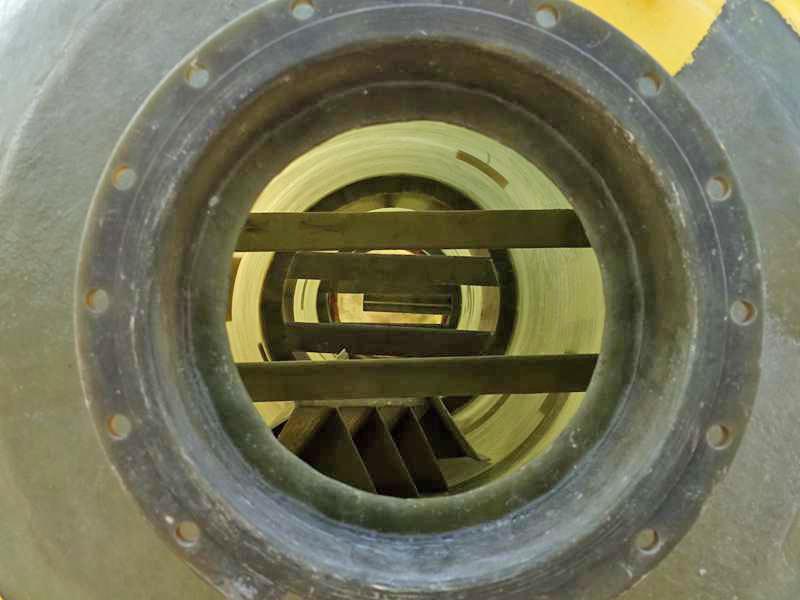
-
 Afrikaans
Afrikaans -
 Albanian
Albanian -
 Amharic
Amharic -
 Arabic
Arabic -
 Armenian
Armenian -
 Azerbaijani
Azerbaijani -
 Basque
Basque -
 Belarusian
Belarusian -
 Bengali
Bengali -
 Bosnian
Bosnian -
 Bulgarian
Bulgarian -
 Catalan
Catalan -
 Cebuano
Cebuano -
 China
China -
 China (Taiwan)
China (Taiwan) -
 Corsican
Corsican -
 Croatian
Croatian -
 Czech
Czech -
 Danish
Danish -
 Dutch
Dutch -
 English
English -
 Esperanto
Esperanto -
 Estonian
Estonian -
 Finnish
Finnish -
 French
French -
 Frisian
Frisian -
 Galician
Galician -
 Georgian
Georgian -
 German
German -
 Greek
Greek -
 Gujarati
Gujarati -
 Haitian Creole
Haitian Creole -
 hausa
hausa -
 hawaiian
hawaiian -
 Hebrew
Hebrew -
 Hindi
Hindi -
 Miao
Miao -
 Hungarian
Hungarian -
 Icelandic
Icelandic -
 igbo
igbo -
 Indonesian
Indonesian -
 irish
irish -
 Italian
Italian -
 Japanese
Japanese -
 Javanese
Javanese -
 Kannada
Kannada -
 kazakh
kazakh -
 Khmer
Khmer -
 Rwandese
Rwandese -
 Korean
Korean -
 Kurdish
Kurdish -
 Kyrgyz
Kyrgyz -
 Lao
Lao -
 Latin
Latin -
 Latvian
Latvian -
 Lithuanian
Lithuanian -
 Luxembourgish
Luxembourgish -
 Macedonian
Macedonian -
 Malgashi
Malgashi -
 Malay
Malay -
 Malayalam
Malayalam -
 Maltese
Maltese -
 Maori
Maori -
 Marathi
Marathi -
 Mongolian
Mongolian -
 Myanmar
Myanmar -
 Nepali
Nepali -
 Norwegian
Norwegian -
 Norwegian
Norwegian -
 Occitan
Occitan -
 Pashto
Pashto -
 Persian
Persian -
 Polish
Polish -
 Portuguese
Portuguese -
 Punjabi
Punjabi -
 Romanian
Romanian -
 Russian
Russian -
 Samoan
Samoan -
 Scottish Gaelic
Scottish Gaelic -
 Serbian
Serbian -
 Sesotho
Sesotho -
 Shona
Shona -
 Sindhi
Sindhi -
 Sinhala
Sinhala -
 Slovak
Slovak -
 Slovenian
Slovenian -
 Somali
Somali -
 Spanish
Spanish -
 Sundanese
Sundanese -
 Swahili
Swahili -
 Swedish
Swedish -
 Tagalog
Tagalog -
 Tajik
Tajik -
 Tamil
Tamil -
 Tatar
Tatar -
 Telugu
Telugu -
 Thai
Thai -
 Turkish
Turkish -
 Turkmen
Turkmen -
 Ukrainian
Ukrainian -
 Urdu
Urdu -
 Uighur
Uighur -
 Uzbek
Uzbek -
 Vietnamese
Vietnamese -
 Welsh
Welsh -
 Bantu
Bantu -
 Yiddish
Yiddish -
 Yoruba
Yoruba -
 Zulu
Zulu
Durable Fiberglass Solutions for Enhanced Corrosion Resistance in Various Industrial Applications
Corrosion-Resistant Fiberglass The Future of Durable Materials
In today’s industrial landscape, the need for materials that are resistant to corrosion is more critical than ever. Industries such as chemical manufacturing, marine, oil and gas, and even construction face significant challenges due to the potential damage caused by corrosive substances. Enter corrosion-resistant fiberglass—a material that combines durability with versatility, providing a reliable solution for a plethora of applications.
What is Corrosion-Resistant Fiberglass?
Corrosion-resistant fiberglass is a composite material made from a polymer matrix reinforced with glass fibers. This unique combination provides a level of strength and resistance that is invaluable in corrosive environments. Unlike traditional metals, fiberglass does not rust or corrode when exposed to harsh chemicals or moisture. This characteristic makes it particularly appealing for various applications across multiple sectors.
Advantages of Corrosion-Resistant Fiberglass
1. Durability One of the main advantages of fiberglass is its exceptional durability. Corrosion-resistant fiberglass can withstand harsh weather conditions, making it an ideal choice for outdoor applications. Its resistance to UV light helps maintain its structural integrity and appearance over time.
2. Lightweight Compared to metals, fiberglass is significantly lighter, which can lead to reduced shipping costs and easier handling on job sites. This lightweight nature does not compromise strength, making it a preferred choice for applications where weight is a concern, such as in transportation and aerospace.
corrosion resistant fiberglass

3. Cost-Effectiveness While the initial investment in fiberglass may be higher than traditional materials, its longevity and low maintenance costs lead to significant savings over time. Industries that choose corrosion-resistant fiberglass often find that it pays for itself in the long run.
4. Versatility Corrosion-resistant fiberglass can be molded into various shapes and sizes, making it suitable for a wide range of applications. From pipes and tanks to structural components and architectural elements, this material can be tailored to meet specific needs.
5. Eco-Friendly As environmental concerns rise, many industries are seeking sustainable materials. Fiberglass is often produced with recycled materials and can be recycled at the end of its life cycle, making it a more eco-friendly option compared to traditional metals.
Applications
The applications for corrosion-resistant fiberglass are vast. In the chemical processing industry, fiberglass is employed in tanks and piping systems to transport aggressive chemicals safely. In the marine sector, fiberglass is used for boat hulls, offering protection against saltwater corrosion. Additionally, construction companies utilize fiberglass in the form of rebar or structural panels, contributing to the longevity of buildings exposed to harsh environments.
Conclusion
In conclusion, corrosion-resistant fiberglass represents a significant advancement in materials science. As industries continue to confront the challenges posed by corrosion, leveraging the benefits of fiberglass can lead to enhanced performance, reduced costs, and improved sustainability. With its lightweight yet robust nature, versatility, and exceptional resistance to corrosive elements, fiberglass stands poised to become a cornerstone material in countless applications. Whether it's through the construction of long-lasting infrastructure or the manufacture of durable industrial components, corrosion-resistant fiberglass is undeniably shaping the future of material engineering.
Latest news
-
High-Quality Fiberglass Car Bodies Durable GRP Car & Boat Body SolutionsNewsJul.08,2025
-
High-Quality Fiberglass Dual Lamination Product Manufacturer Durable FRP & GRP Dual Lamination SolutionsNewsJul.08,2025
-
Rectangular Tank with Dimensions for GRP Calculation Custom Fiberglass GRP Rectangular TanksNewsJul.07,2025
-
High-Quality Fiberglass Weir Custom FRP Weir & Fiberglass Tanks ManufacturerNewsJul.07,2025
-
CPVC FRP Pipe A Reliable Choice for Industrial Applications High Strength & Corrosion ResistanceNewsJul.07,2025
-
Fiberglass Scrubber for Effective Cleaning and Stain Removal – Superior Performance in Various ApplicationsNewsJul.06,2025









